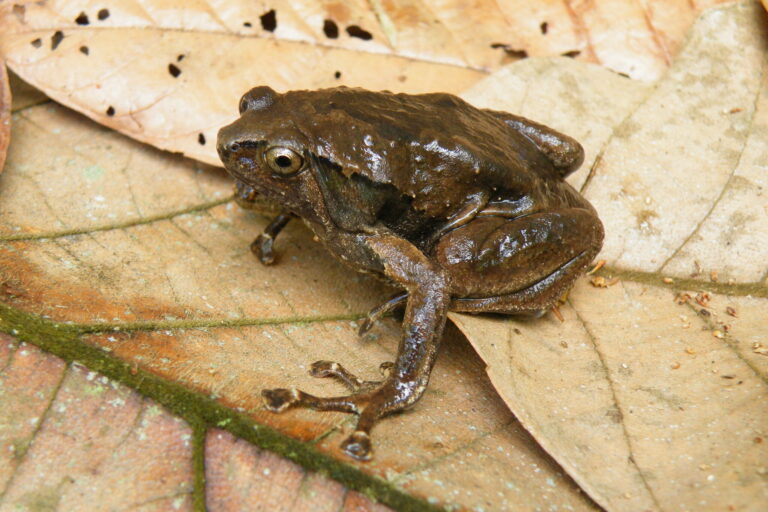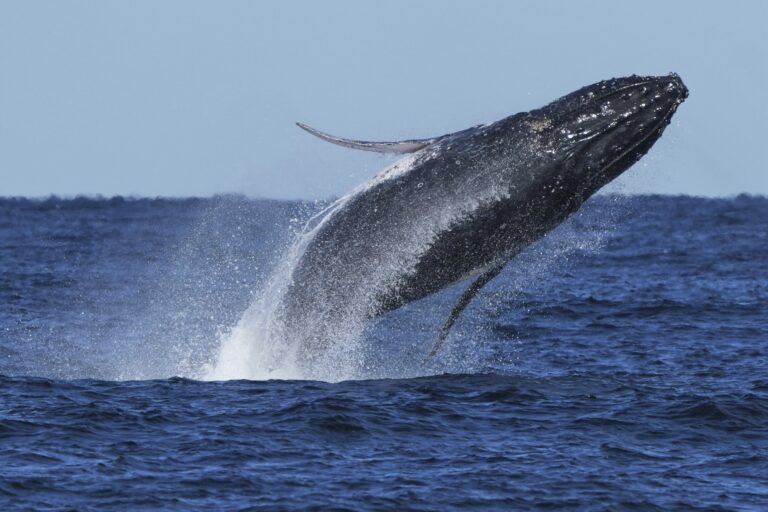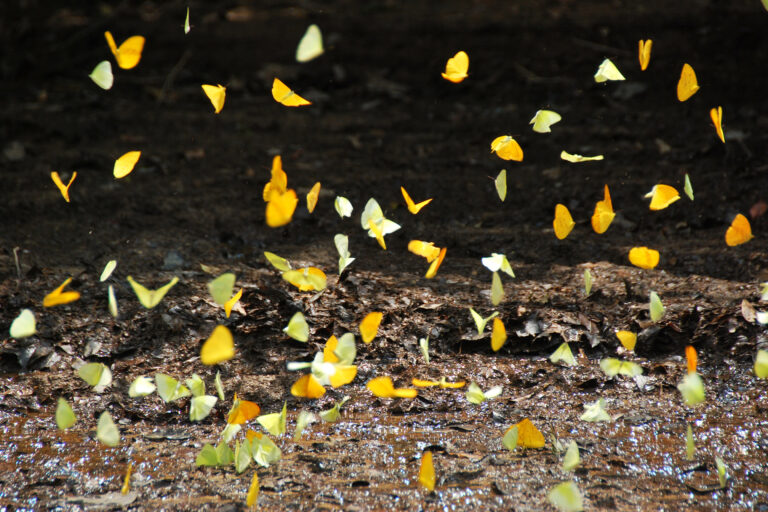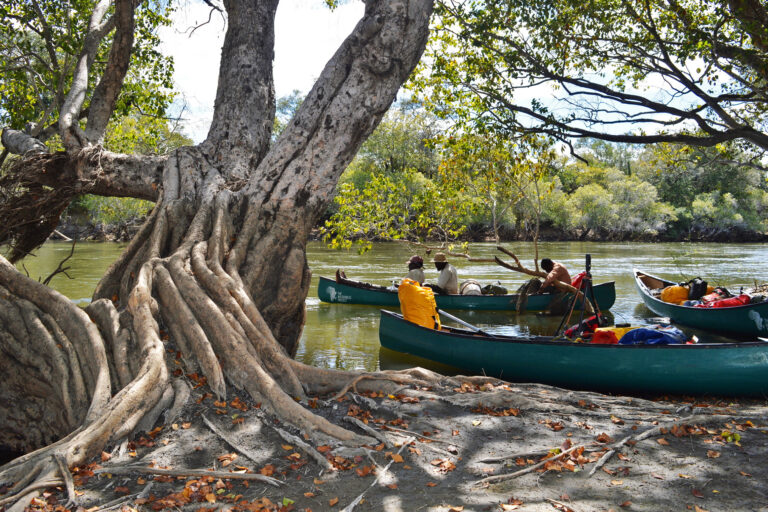So far over 14,000 people have pledged to boycott eating bluefin tuna or visiting any restaurant that serves the imperiled species. The boycott, begun by US-conservation organization Center for Biological Diversity (CBD), is striving to raise awareness about a species that many scientists say is being fished to the brink of extinction.
“These magnificent marine creatures, famous for their race car-like speeds, are being severely overfished—in fact, the Atlantic bluefin tuna population has been reduced by more than 80 percent since industrial fishing practices began,” states a message from the CBD. Given its stark population declines, the fish is currently listed as Critically Endangered by the IUCN Red List.
Despite this, the Atlantic bluefin tuna (Thunnus thynnus) continues to face setbacks to its survival. In the spring, the species missed being listed for protection under the Convention on International Trade in Endangered Species (CITES) after heavy lobbying by Japan, while last month the species’ regulatory group, the International Commission for the Conservation of Atlantic Tuna (ICCAT), decided on a fishing quota that was only slightly lower than the previous year, despite continuing concerns that the species could become functionally extinct.
Three-quarters of the lucrative Atlantic bluefin tuna catch goes to one country, Japan, where it is mostly consumed as sushi. However, restaurants in the US and Europe have also served the endangered species. The high-class sushi restaurant owned by Robert DeNiro, Nobu, has faced criticism for its unwillingness to take bluefin off the menu.
Related articles
Environmentalists: fishing quota could be death sentence for bluefin tuna
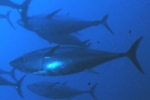
(11/28/2010) Once again, the International Commission for the Conservation of Atlantic Tuna (ICCAT) has flouted warnings from conservationists, evidence from scientists, and even recommendations from the European Commissioner Fisheries and Maritime Affairs in its most recent fishing quota for the Atlantic bluefin tuna. Meeting last week in Paris, ICCAT agreed to a 2011 fishing quota of 12,900 metric tons, 600 less than this year’s quota. Yet, environmentalists from a wide-range of organizations have been warning for years that without a moratorium on bluefin fishing—or at least a drastic reduction in quotas—the species is at risk of extinction. ICCAT’s own scientists say that the current quota gives the species a 70% chance of recovery.
History repeats itself: the path to extinction is still paved with greed and waste
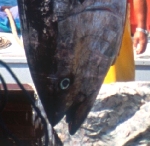
(04/05/2010) As a child I read about the near-extinction of the American bison. Once the dominant species on America’s Great Plains, I remember books illustrating how train-travelers would set their guns on open windows and shoot down bison by the hundreds as the locomotive sped through what was left of the wild west. The American bison plunged from an estimated 30 million to a few hundred at the opening of the 20th century. When I read about the bison’s demise I remember thinking, with the characteristic superiority of a child, how such a thing could never happen today, that society has, in a word, ‘progressed’. Grown-up now, the world has made me wiser: last month the international organization CITES (Convention on International Trade in Endangered Species) struck down a ban on the Critically Endangered Atlantic bluefin tuna. The story of the Atlantic bluefin tuna is a long and mostly irrational one—that is if one looks at the Atlantic bluefin from a scientific, ecologic, moral, or common-sense perspective.
Critically Endangered bluefin tuna receives no reprieve from CITES
(03/18/2010) A proposal to totally ban the trade in the Critically Endangered Atlantic bluefin tuna failed at the Convention on International Trade in Endangered Species (CITES), surprising many who saw positive signs leading up to the meeting of a successful ban.
Sushi lovers may be eating Critically Endangered species without knowing it
(11/24/2009) Restaurants sampled in New York and Colorado are serving up bluefin tuna without informing their customers know they are dining on an endangered species, according to a new study in PLoS ONE. Using DNA barcoding researchers from the Sackler Institute for Comparative Genomics at the American Museum of Natural History found that nearly a third of tuna sampled in one restaurant in Colorado and thirty restaurants in New York served bluefin tuna, and nine of the restaurants did not label the tuna as bluefin.
Atlantic bluefin tuna should be banned internationally: ICCAT scientists
(10/29/2009) Scientists with the International Commission for the Conservation of Atlantic Tuna (ICCAT) have said in a new report that a global ban on Atlantic bluefin tuna fishing is justified. ICCAT meets in November to decide if they will follow their scientist’s recommendations.
Sushi restaurant, Nobu, warns patrons not to eat bluefin tuna, but serves it anyway
(05/27/2009) Last year, Nobu was caught red-handed serving critically-endangered bluefin tuna to patrons, even after servers claimed its tuna was not bluefin. Now after heavy criticism, the trendy restaurant, owned by Robert DeNiro and popular with celebrities, has finally taken action.









